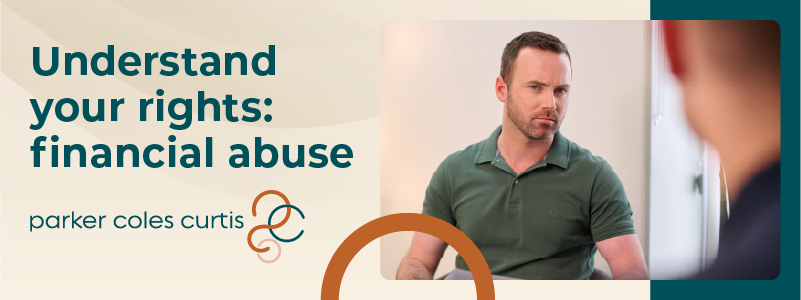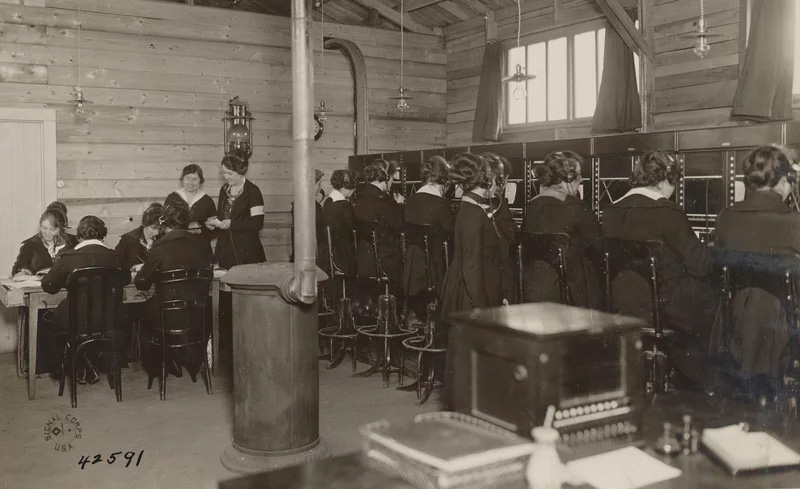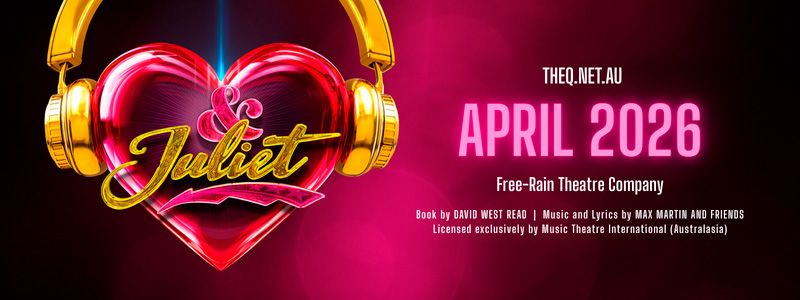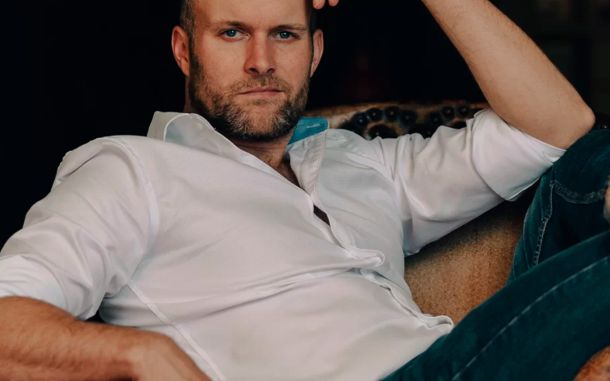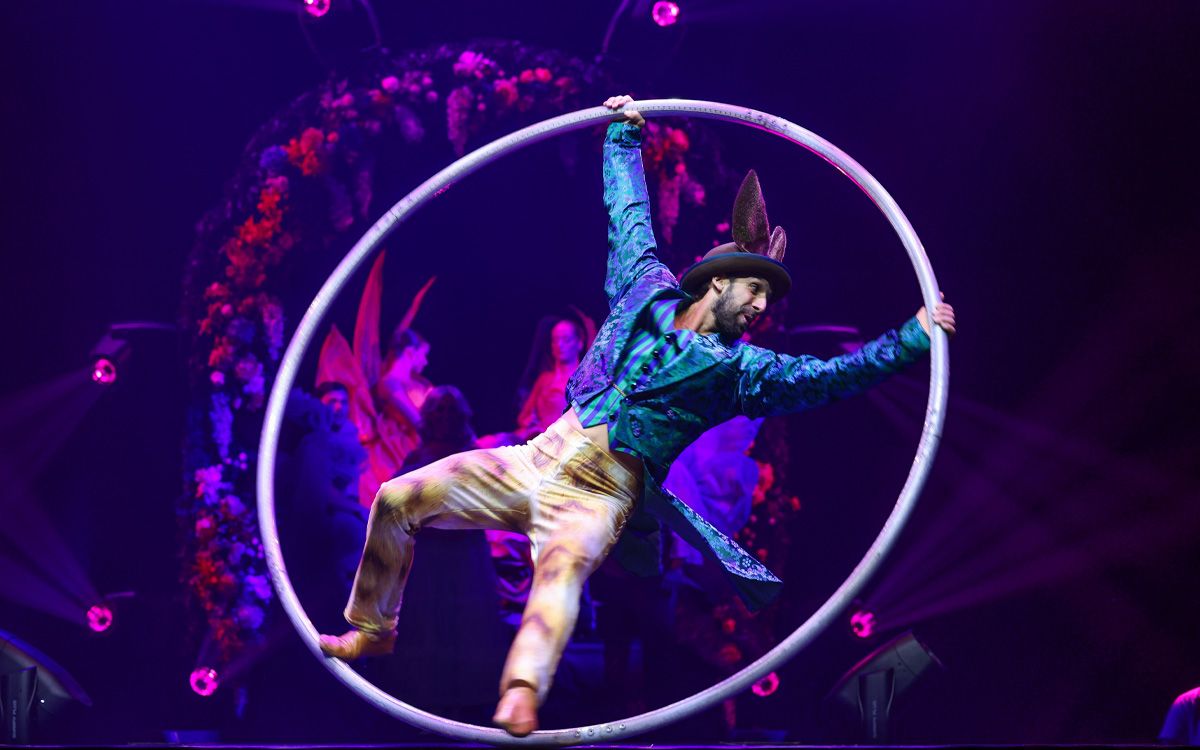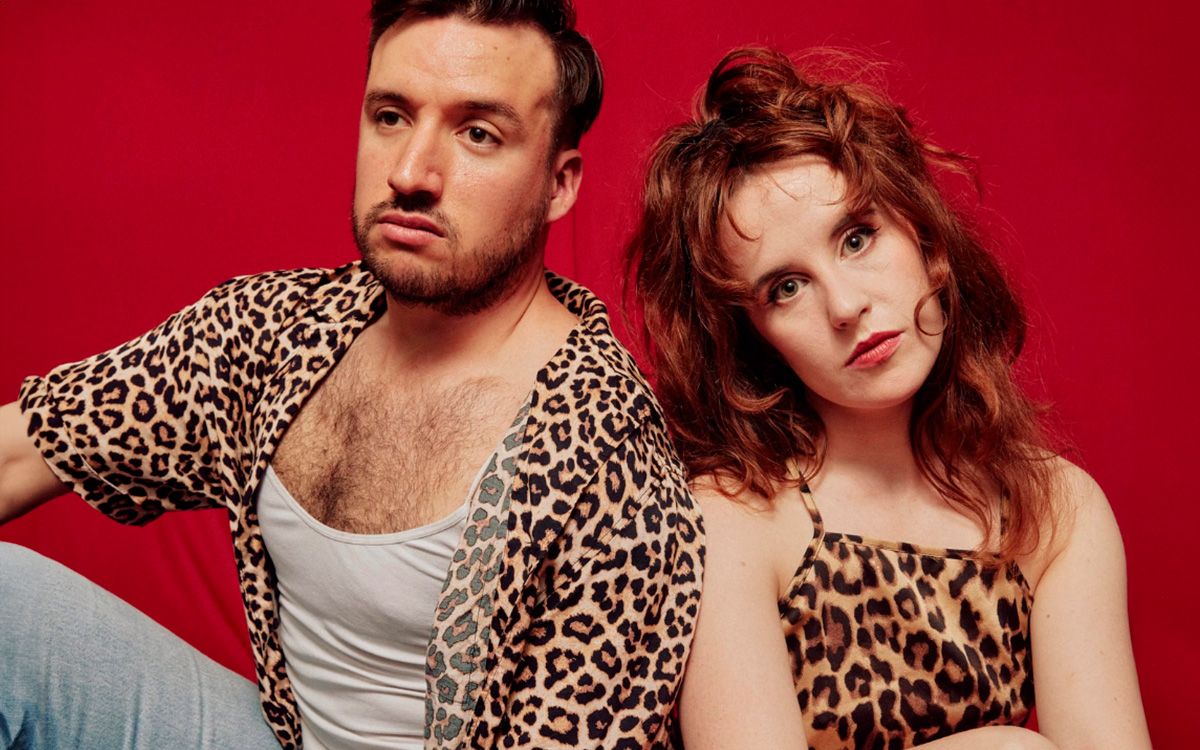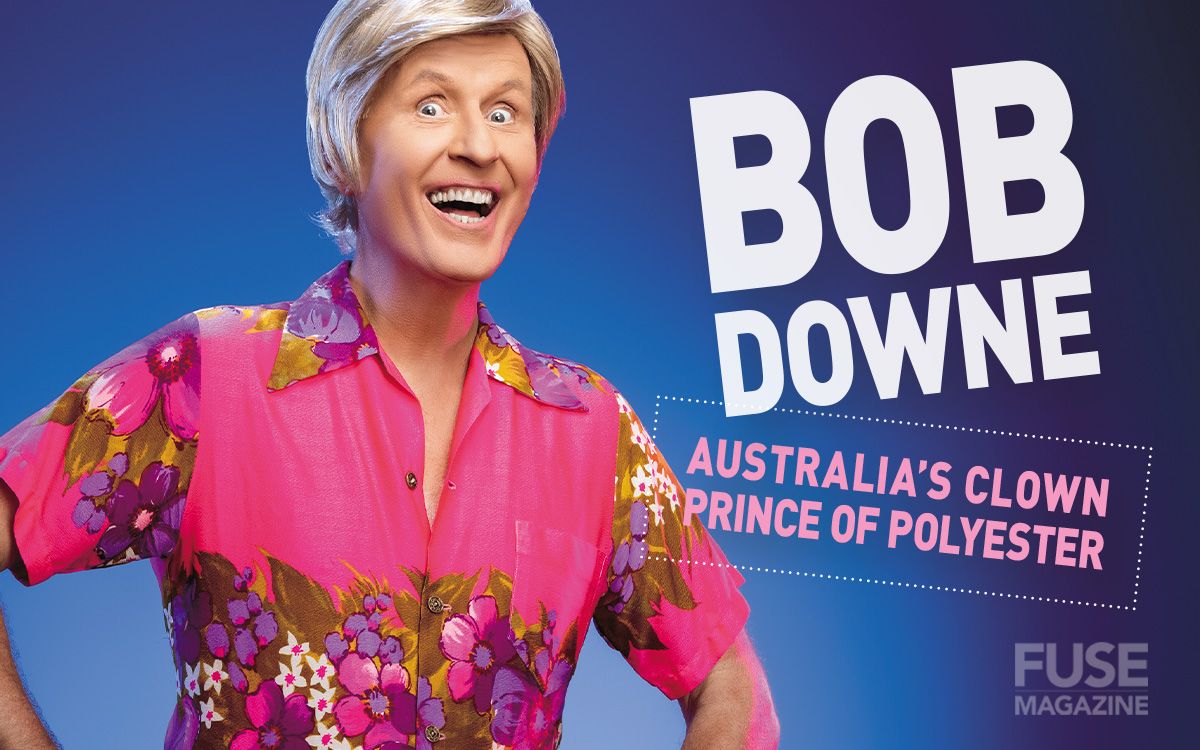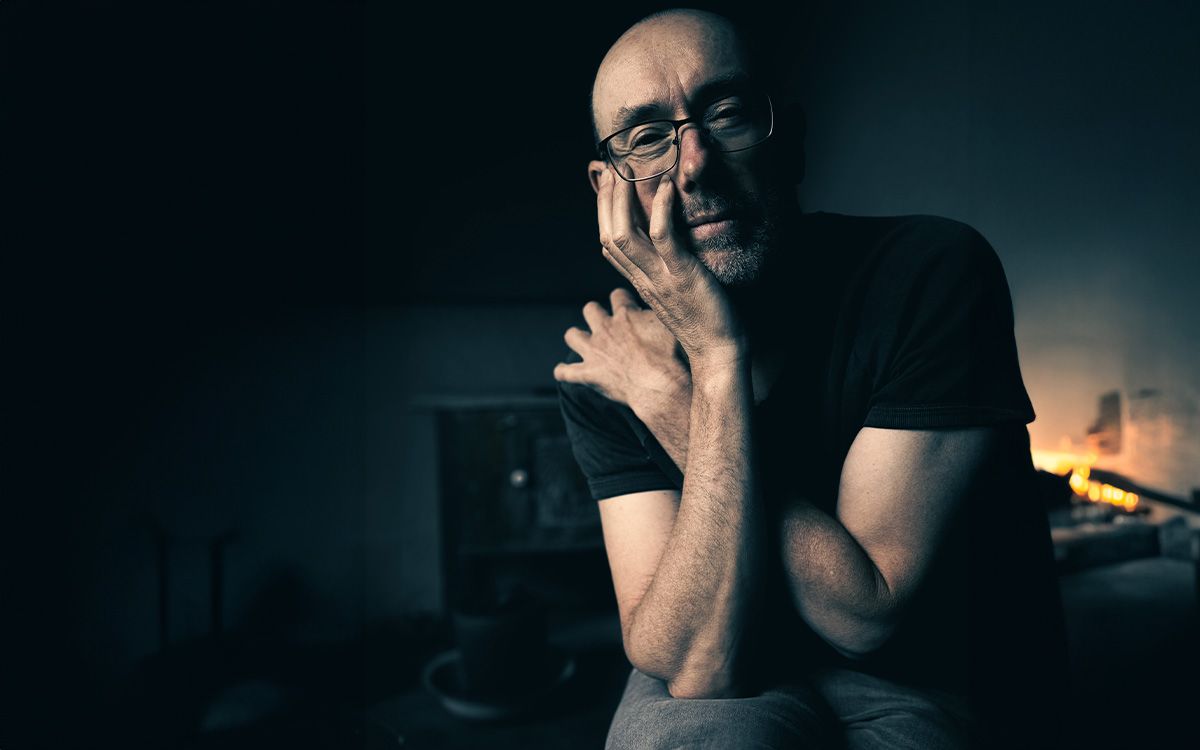Hello Girls! Will you answer the call?

At the height of World War One, the United States Army realised its communications systems were not up to scratch. To fix this, an unexpected solution was found. ‘The Hello Girls’ is an entertaining new musical playing soon at the Canberra Theatre Centre about a group of pioneering women who made an invaluable contribution to the war effort and continued to fight for their rights long after the battlefield conflicts ended.
David Blanco from FUSE spoke with Jason Langley, the Director of ‘The Hello Girls’ about the show and his career in theatre.
What can Canberra audiences expect when they see ‘The Hello Girls,’ and can you describe its premise?
JASON LANGLEY: Canberra audiences can expect a fantastic show. ‘The Hello Girls’ is set during World War One at a point in the conflict when the Americans were not doing well in the war effort, because their communications systems weren’t effective. The American Army then did something unprecedented in recruiting women working on switchboards across the country to run its communications. These women received the same training as their male counterparts and became known as the ‘Hello Girls.’ This was also the era of the UK’s Suffragette movement.
These female switchboard operators faced sexism in the workplace and had to fight to serve on the front lines because there was resistance to placing women in dangerous roles. Even after the war they were denied employment entitlements that male army personnel received. They fought for recognition for over 60 years and finally received it in 1977.
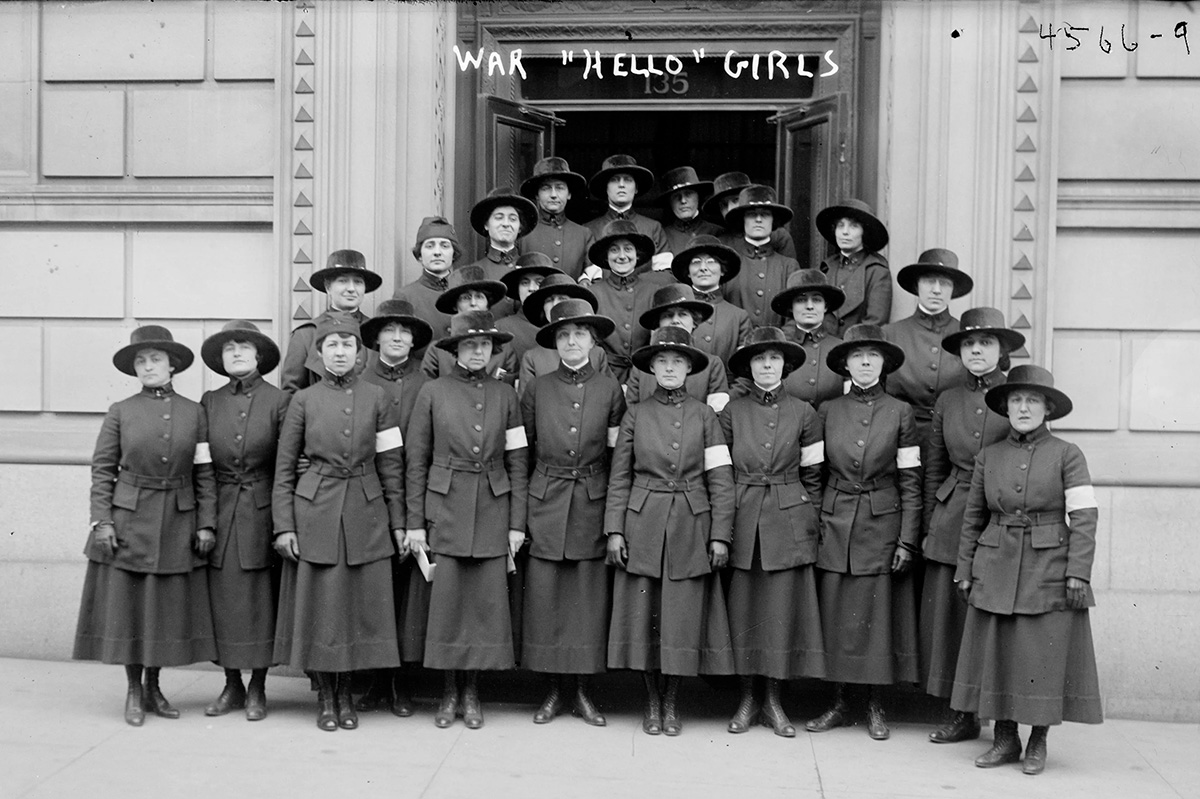
A U.S. Army Signal Corps unit of 33 telephone operators, known as "Hello Girls," arrive in France in 1918 during World War I. Detroit News Photo Archive.
What’s ‘The Hello Girls’ musical style?
It’s not quite what you'd expect from a musical set during World War One. ‘The Hello Girls’ has a contemporary score with folk and pop elements. There are also jazz and ragtime threads running through it. It’s a strong score with guaranteed earworms!
I was fascinated to read about the real-life ‘Hello Girls’ and the role that they played in World War One. What do you think their story has to offer modern audiences?
The show’s opening number is called ‘Will You Answer the Call?' and its title is a is a play on words. The song isn’t about answering switchboard calls, it’s about taking a stand for the things we believe in. This theme is relevant to the post-Trump era we live in. In 1918, women were starting to fight for their rights and it’s a fight that continues, especially considering the current rise of conservatism we are witnessing globally.
It's been a breath of fresh air to direct a new show like ‘The Hello Girls.’ It’s important for me to take care of female characters. As a Director, at times I’ve needed to take an innovative approach to them by subtly subverting the text. With ‘The Hello Girls’ I didn’t subvert anything because the female characters are beautifully written women standing in their power. They’re not written to serve the narrative, they are narrative.
Has the theme of ‘girl power’ previously been explored in musical theatre?
Yes, there are some great women’s stories in musical theatre. For example, ‘42nd Street’ features the song ‘Dames’ which critiques the male gaze. By that I mean how men have traditionally viewed women as purely ornamental.
We scoff at the Rodgers and Hammerstein film musicals from cinema’s Golden Age and admittedly, these films did somewhat compromise the writer’s intentions. They were made under the Hays Production Code and its restrictive rules meant that some of the subtext from the original musicals was toned down for the screen. They were also directed by men in the 1950s and 1960s, which was a time when women were still viewed consciously or subconsciously as second class citizens.
These musicals had subject matter considered daring. For example, ‘South Pacific’ explores racism in America against the backdrop of World War 2. ‘The Sound of Music’ is the story of a postulate nun falling in love with a widow with seven children during one of the worst periods of genocide in modern history. What these shows have in common is their powerful and independent female protagonists.
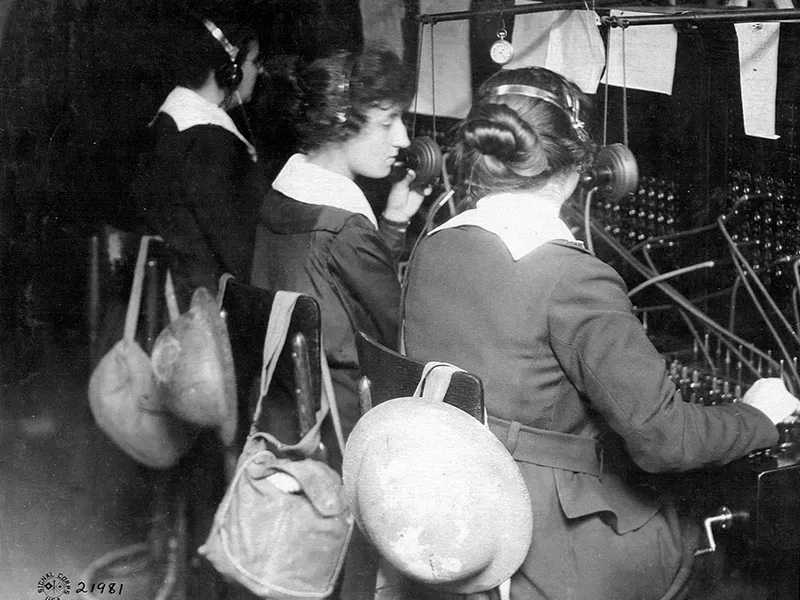
As a member of the LGBTIQ community, do you feel ‘The Hello Girls’ will resonate with Queer audiences?
‘The Hello Girls’ is an underdog story, and Queer audiences inherently understand this type of narrative. As a queer community, we’ve fought for our rights for many years. The marriage equality fight wasn't really about marriage, was it? It was about respect, acknowledgment, and visibility. This is the intrinsic theme running through ‘The Hello Girls.’
What do you think makes musical theatre so treasured by the queer community?
I suppose it has its roots in in the concept of the diva. The Queer community has traditionally gravitated to powerful women with powerful voices. If done correctly in a show, music adds emotional layers to a show and draws out the audience’s empathy. Music has the power to evoke emotion. It can take us back to our childhoods and transport us to traumatic and wonderful places.
This production has connections with Canberra’s theatre scene. Could you tell our readers about this?
Ylaria Rogers, Artistic Director of Heart Strings Theatre Co is a Canberran and she formed the company to give professional actors in Canberra opportunities to perform in musical theatre. Heart Strings’ first production, ‘Urinetown’ was so successful locally that it ended up playing at Sydney’s the Hayes Theatre Co. It's exciting that a homegrown production company can produce and tour top-notch shows.
The U.S. military needed skilled operators to handle the telephones in World War I. Known as the Hello Girls, 223 U.S. women served in France. Some worked near the front lines with Gen. John "Black Jack" Pershing, the top U.S. commander. Here, the women work in Seine, France, in 1918. Their story was largely forgotten, but is being recognized on the 100th anniversary of the end of the war. U.S. Army Signal Corps Archives.
Could you tell our readers about ‘The Hello Girls’ cast and the show’s audition process?
JASON: We have assembled a terrific locally based cast. All our cast members either live, grew up in or have parents from Canberra. The audition process went smoothly. I was in Canberra late last year developing a new play and Heart Strings took advantage of having me here to do live auditions. We also ran some auditions online.
You’ve had a long and varied career in the theatre, both directing and acting. Could you tell FUSE readers about your career and its highlights?
I've been in this industry for, 33 years. Which sounds quite frightening when I say it aloud. I’ve had a wonderful career as an actor. in my first year out of drama school, I fell into directing by accident when I was brought into a project at the last minute after the Director dropped out. It was a high-profile tribute concert to the late Victor Chang. I was initially daunted because there was a lot at stake, but the show went well. After that, I made a pact with myself to direct at least one show a year and act the rest of the time. I also knew there'd come a time when I would act less and direct more. In the early 2000s I decided to concentrate solely on directing because it was becoming difficult to do both.
As an actor, playing Brave Sir Robin in the original Australian production of ‘Monty Python’s Spamalot’ was a career highlight. Also, the great Australian playwright Nick Enright wrote me a role in in the musical ‘Mary Bryant.’ That was something quite special for me. In terms of directing, it’s difficult to choose a favourite project because the shows become your babies and you fall in love with each one.
Do you prefer acting or directing?
Definitely directing. I always knew I would end up directing with acting as a sideline activity along the way. I didn’t know how to get to get into directing but I knew how to get into acting, and I auditioned for drama school. In my second year of drama training, an American Director came to the school to work with the students. One day, he asked me if I wanted to direct. Before I could answer he told me he’d noticed my potential and gave me the opportunity to study stage direction with him in a new elective he was developing. I jumped at the chance and have never looked back. Overall, I’m incredibly grateful that in my theatrical career I’ve had the opportunity to act and direct.
'HELLO GIRLS' @ CANNBERA THEATRE
- 7-9 September 2023
- The Playhouse
- Canberra Theatre.
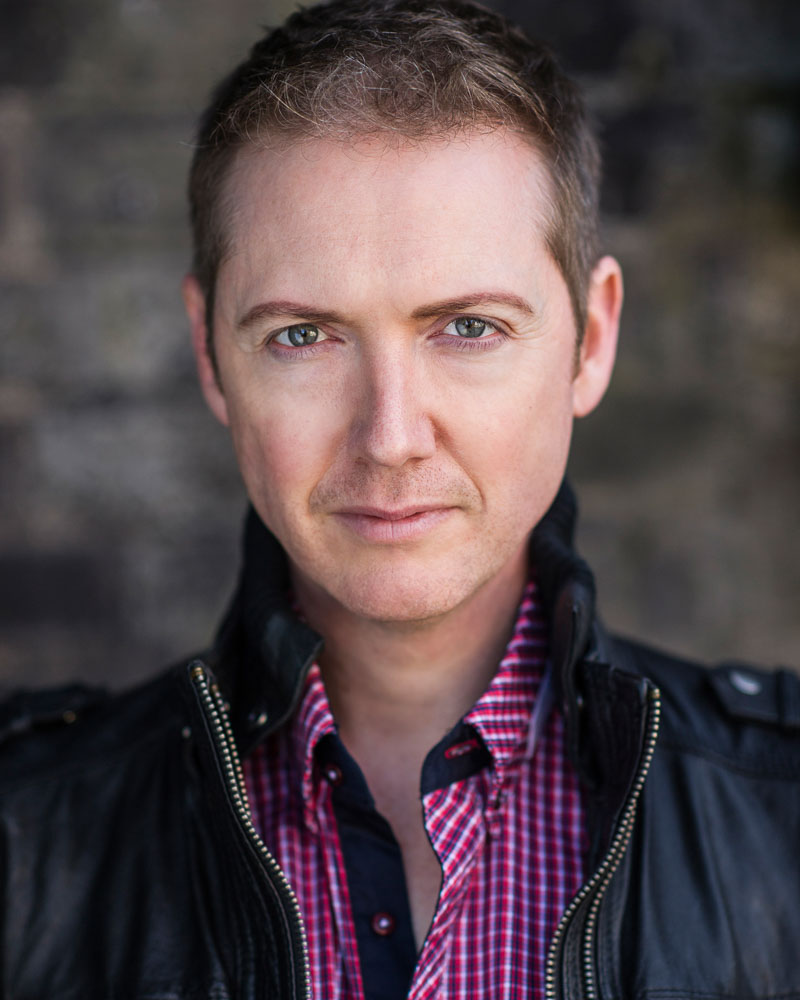
Hello Girls show Director Jason Langley 2023


